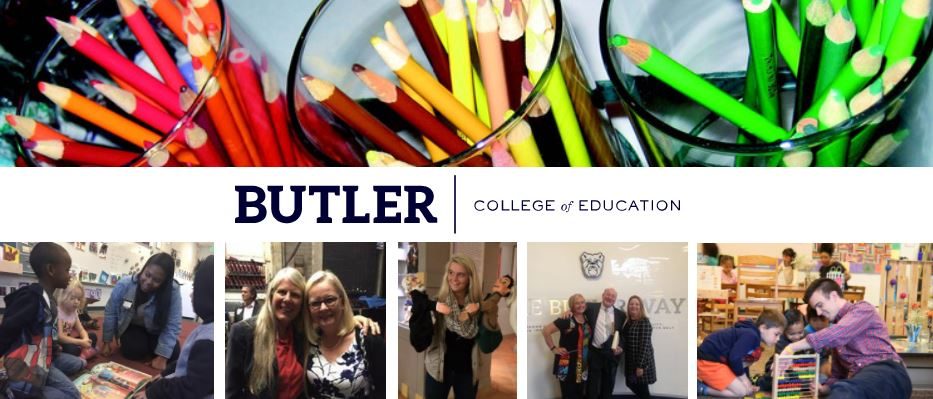Mythbusting Monday is a series of blog posts where we invite different faculty members from the College of Education to discuss education myths and how or what we are doing to combat the myth, fix the myth, etc. We want our faculty to have a voice in busting these myths and we hope by making these issues personal we can promote and provoke conversations. We will reference the book 50 Myths and Lies That Threaten America’s Public Schools: The Real Crisis in Education by David Berliner, Gene V Glass and Associates, 2014.
Myth: #45
High school exit exams guarantee that our graduates will be “college ready” and prepared to succeed as workers in a global economy.
Contributors: Dr. Susan Adams, Dr. Catherine Pangan, Dr. Katie Brooks, Dr. Arthur Hochman, Lindsay Williams, Cassandra Pixey
How do college admissions teams know which high school graduates are most ready for success in college? It might surprise you to know that cumulative high school GPA-what most people consider to be subjective, unreliable data-is the strongest predictor of college success. Standardized test scores are much less predictive of college readiness and success than teacher-made assessments. Why is this? Classroom teachers use multiple measures, whether homework, projects, participation, and a wide variety of summative and formative assessments, to measure student learning. In the College of Education at Butler University, our pre-service teachers develop critical thinking expertise, collaboration skills, and creativity that serve them well in the classroom as they design meaningful and engaging learning and assessment opportunities for K-12 students.
In our laboratory school partnerships at IPS Shortridge and IPS Butler-Lab School 60, we are seeing the power and impact K-12 students communicate through project-based assessment, multimedia documentation panels, and inquiry-based group. We assess our teacher candidates using similar measures: portfolios, credential files, and video analysis of our candidates teaching with local students. A standardized assessment could never tell the full story of what students know, are able to do, and are ready to do. Good assessment practices involve the extensive use of formative and summative assessments that students produce over time.
In our global economy, project-based and inquiry-focused assessments better measure the knowledge, dispositions, and skills required in college and in the workplace than do multiple choice and short answer standardized assessments. The marketplace has told us that our approach to assessment and teacher education is what is necessary and needed, by hiring our teacher education, school counseling, and administrative graduates. Our students learn a wide variety of assessments so that their toolbox is as full and comprehensive as possible. We need to tell the full story of each child, classroom, school and district through authentic assessment that is as equally varied, deep and rich. Every student deserves the opportunity to learn from a teacher who is highly skilled and well prepared to teach these creative, collaborative and project-based skills as preparation for participation in this global economy.
